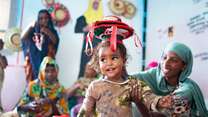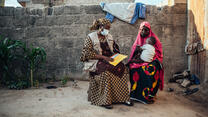
Myths and misconceptions about humanitarian work often cloud the reality of our efforts and the impact of your support. Let’s take a closer look at the challenges we face on the ground and the profound difference your contribution makes.
Myth #1: "Humanitarian work in conflict zones is too dangerous to be effective."
Truth: While the risks are real, the IRC's staff and partners are trained and equipped to navigate these challenges in the safest way possible.
Our mission compels us to reach those in the most difficult circumstances, bringing hope and tangible aid to millions. Safety protocols including monitoring for staff safety and endangerment, and close coordination with local communities enable us to carry out our work even in volatile environments.
Myth #2: "Humanitarian organisations cannot effectively work with local communities."
Truth: Partnerships with local communities are at the heart of our work.
The IRC believes in putting local leaders and organisations at the forefront as they are best positioned to identify needs and solutions for their own communities. This approach not only enhances the effectiveness of our programmes but also ensures that aid is culturally relevant and sustainable.
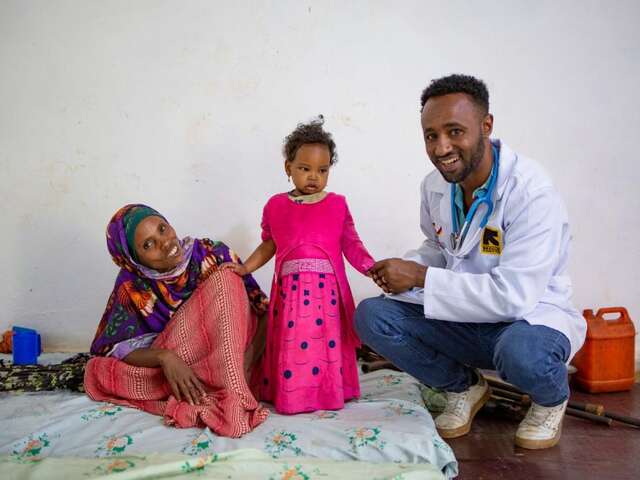
Myth #3: “Humanitarian aid falls into the wrong hands”
Truth: Rigorous monitoring and vetting procedures are in place to ensure aid reaches its intended recipients.
The IRC works diligently to navigate complex environments, implementing strict controls and collaborating with trusted local partners. This cautious approach ensures that your contributions directly support those in need, not militant or political groups.
Myth #4: "Blockades and restrictions on aid during conflict mean my donation can't be used."
Truth: Despite challenges, the IRC's innovative strategies and strong partnerships allow us to deliver aid even in the most restricted areas.
Your donations are crucial, enabling us to adapt and find ways to provide support where it's needed most, ensuring that your generosity makes a tangible difference, regardless of barriers.
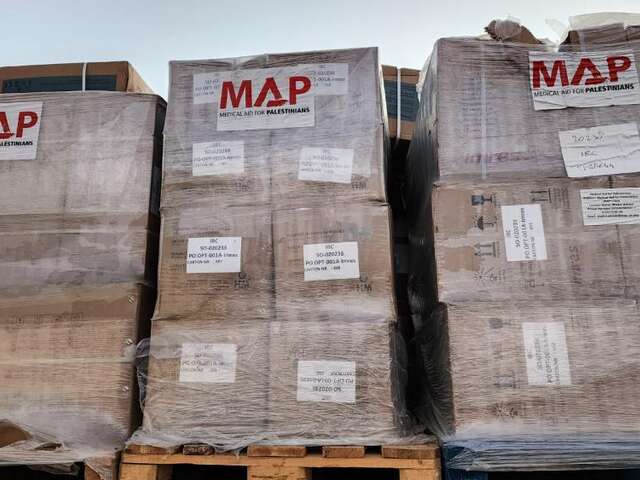
Myth #5: "My contribution is too small to make an impact."
Truth: Every action counts. The collective power of individual contributions fuels our ability to respond rapidly and effectively.
Your donation can help provide a family with safe water, a child with access to education, or a survivor of conflict with critical psychological support.
Myth #6: "Aid only provides short-term relief, not long-term solutions."
Truth: While immediate relief is crucial, the IRC's approach encompasses both urgent aid and sustainable, long-term solutions.
We work on rebuilding communities through education, healthcare, and economic empowerment programmes, aiming not just for survival but for thriving futures. Your donations help us lay the groundwork for lasting change.
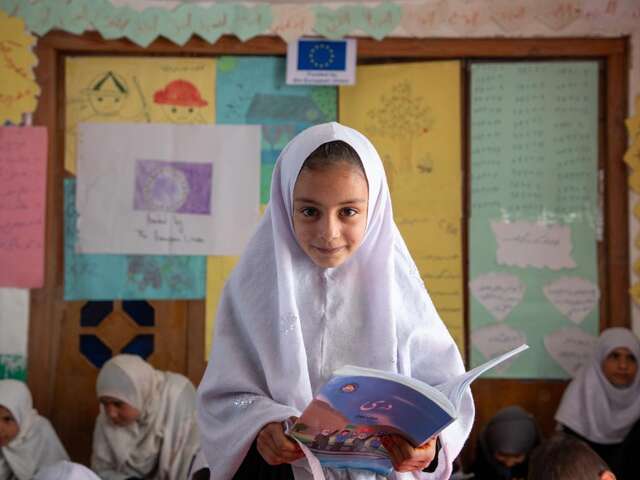
Myth #7: "Contributions to conflict zones fuel further conflict."
Truth: The IRC is deeply committed to principles of neutrality and impartiality, and advocates for adherence to International Humanitarian Law.
Our operations are designed to provide aid based on need, not political or military affiliations, ensuring that contributions go towards alleviating suffering and supporting recovery. By fostering stability and providing essential services, we aim to contribute to peace-building efforts in the regions we serve.
Thank you for standing with us as we strive to make the world a safer place for all.

